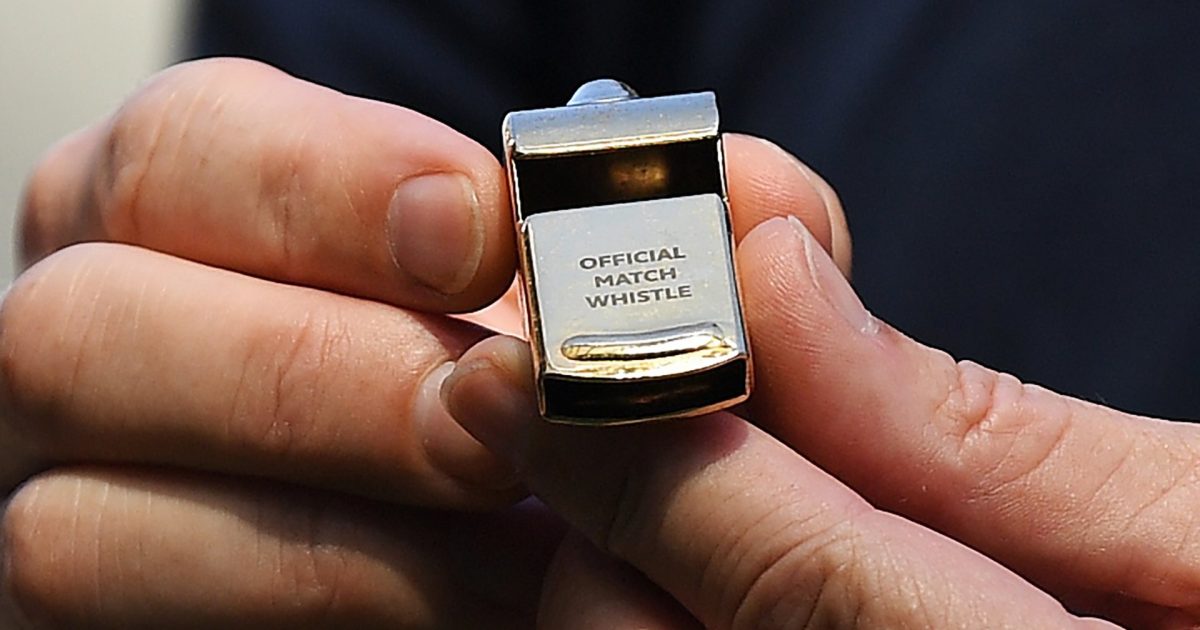A World Cup final referee has slammed 'dangerous' social media use

Test rugby referee Joy Neville has attacked people who use social media as a weapon to have a go at match officials. The issue became a hot topic at the recent women’s World Cup in New Zealand and the situation was further exacerbated by the way Rassie Erasmus used his Twitter account in recent weeks.
World Rugby eventually took punitive action against the South African director of rugby, banning him from the stadium for his team’s recent wins over Italy and England after they had taken umbrage with the tone of his sarcastic posts.
Irish referee Neville has now waded into the debate in an interview in the latest edition of Rugby World magazine. She was an assistant referee for the bronze medal match at the recent women’s World Cup five years after she refereed the 2017 final in Belfast between England and the Black Ferns, and she was more recently on TMO duty for last Saturday’s Autumn Nations Series men’s game between Wales and Australia in Cardiff.
“I don’t like social media,” said Neville, who was abused on those platforms after her work as a TMO in the March 2021 England versus France men’s Guinness Six Nations match. “It’s used as a weapon by people and I don’t like the lack of accountability. I’m nearly 40, I have a great support structure at home but I do worry about young people who don’t have that life experience. I do really think social media is dangerous.
“We put a lot of pressure on ourselves as a group, we know we are there to create a platform for teams to play so it’s important for us to be physically and mentally in the best shape. So pressure comes internally and externally. You have to have mental strength to filter negative stuff.”
New mag is out today! https://t.co/VrFGxDzOpQ pic.twitter.com/rVwpnvZItO
— Rugby World (@Rugbyworldmag) November 29, 2022
A Rugby World magazine editorial also debated the criticisms of match officials. In an article titled Toxic discourse around officiating must stop, it wrote: “There is so much grey in the lawbook that decisions will always be debated, but the constant commentary around refereeing has become toxic and may put people off taking up the whistle.
“Referees are human beings and will never give a perfect performance. So let’s stop the toxic discourse around officiating. Or we may soon have a shortage of officials, without whom there are no matches.”















